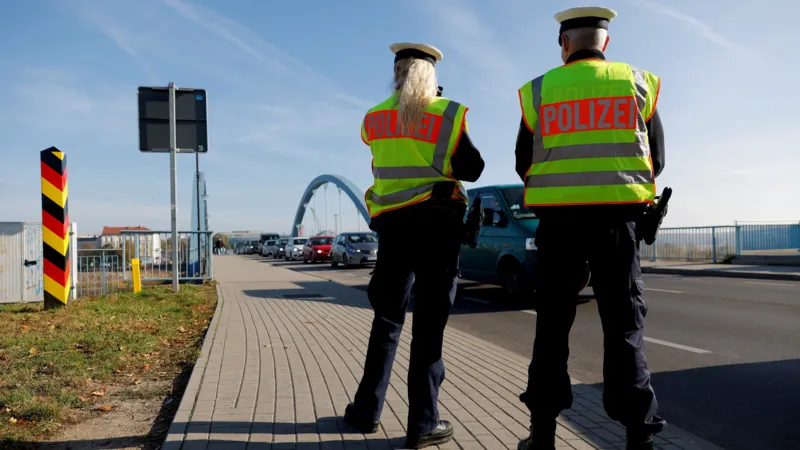With the stabbing, the government has been under pressure to impose stricter immigration laws. The stabbing suspect, a Syrian national, was on the verge of deportation following the rejection of his asylum application.
The Islamic State group has claimed responsibility for the attack.
The new restrictions, which will go into effect on September 16 and initially span six months, were revealed a few days after the Alternative for Germany (AfD), a party opposed to immigration, achieved significant gains in local elections.
Insisting that the government was “taking a hard line” against irregular migration, German Interior Minister Nancy Faeser said that the checks will lessen cross-border crime and Islamist radicalism.
We are exerting every effort to safeguard our nation’s citizens from these dangers,” she continued.
Germany currently maintains controls, mostly spot inspections on roads and in trains, at its borders with Poland, the Czech Republic, Switzerland, and Austria to the east and south. Every border point will see the introduction of such procedures.
Critics countered that the action is more political than security-related.
The AfD’s triumph in regional elections in the east, when a far-right party topped a poll for the first time since the Nazi period, rocked Germany’s mainstream parties.
It seems that the ruling SPD and other mainstream parties interpreted the outcome as a call to arms from the electorate to impose stricter immigration and border controls.







